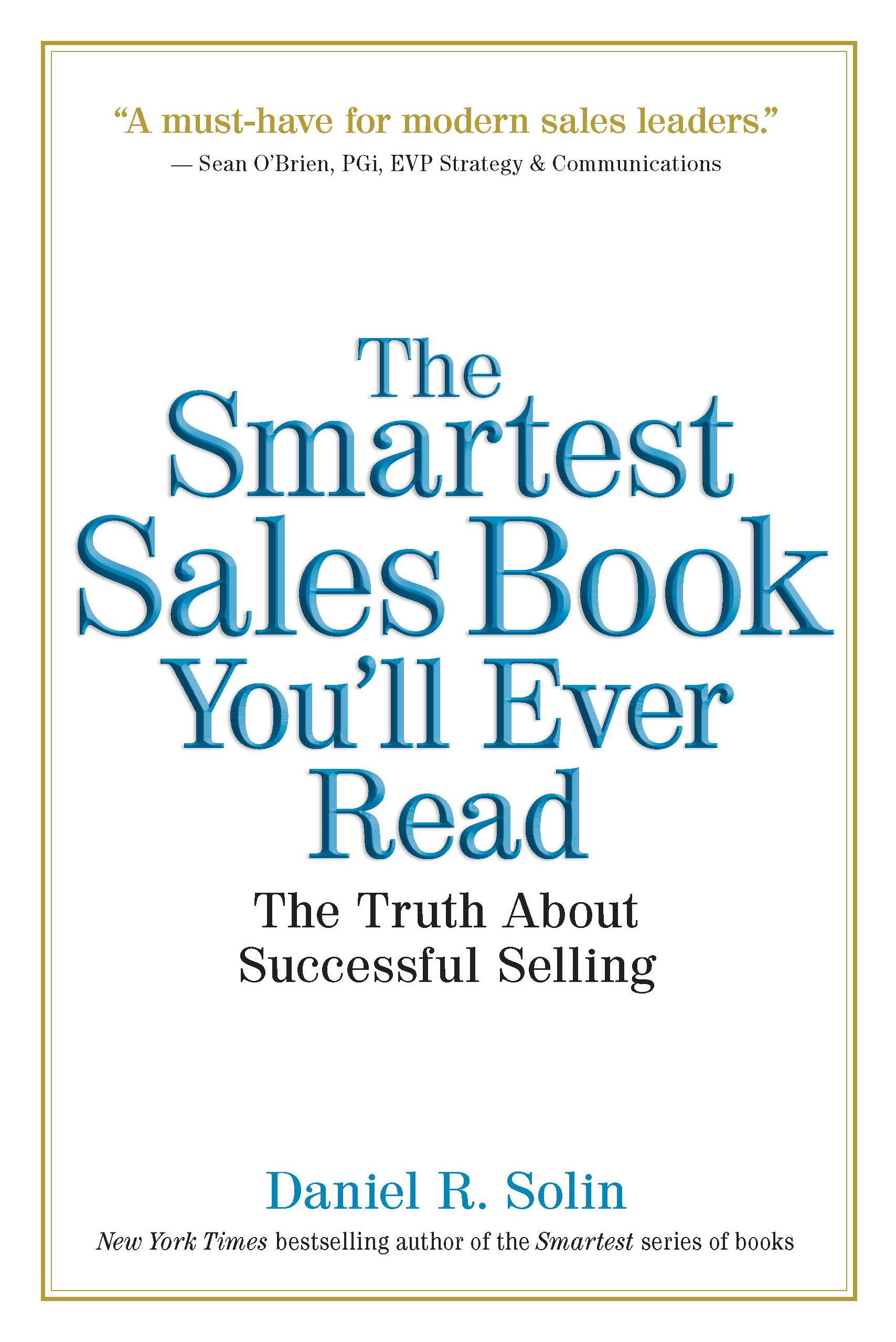It's unfortunate that most of what passes for financial news is misleading and harmful to investors. It consists of supremely confident "financial gurus" predicting the future. They are either warning us of an imminent crash or observing that a bull run is just beginning.
We are inundated with conflicting recommendations about the value of commodities, which stocks or sectors are likely to outperform or underperform, and which mutual fund managers are "hot."
When the financial media aren't engaged in the dubious task of predicting the future, they are trying to rationalize the past, using bland homilies that attempt to convey order to random events. How many times have you read observations about investors being "nervous" about "missing gains"? Do you ever wonder who these investors are, or how the author has been able to accurately characterize their collective mood?
Fortunately, not all financial news fits into these categories. If you look hard enough, you can find a helpful needle in the financial pornography haystack. Here are some recent examples:
Focus on Process
Financial journalist Barry Ritholtz wrote a helpful article for The Washington Post. Ritholtz discusses the difference between outcome and process, noting that gamblers, many sports fans and speculators are focused on outcomes. Airline pilots, professional sports coaches and long-term investors are concerned with process. He notes that by focusing on outcome, investors are engaged in "a brilliant bait-and-switch," because we have no idea whether these outcomes were the result of luck or skill, much less whether they will repeat in the following year.
His bottom-line recommendation is worthy of consideration by every responsible, long-term investor. It has the added benefit of being easy to implement. Just own a globally diversified number of asset classes, make periodic contributions and rebalance regularly.
Ignore Financial Gurus
An article by Rick Ferri for Forbes reported on a study of the accuracy rate of financial "experts." The study tracked 68 experts and 6,582 market forecasts. It found their aggregate accuracy rate was a pathetic 47.4 percent, which is less than you would expect from random chance.
It's interesting that the same experts who have demonstrated no skill in their ability to predict the future of the stock market occupy such a large percentage of time devoted to financial news.
The Myth of Market Timing
Many investors succumb to the lure of tactical asset allocation funds. The designation of these funds as "tactical" may account for the appeal. It makes sense that expert financial managers should be able to figure out when to bounce in and out of the market.
Wouldn't it be great to have the benefit of their expertise so you could exit the market just before the crash and enter just as stocks are beginning to recover?
The reality is quite different. As my colleague Carl Richards noted in this article for The New York Times, a 2012 study by Morningstar compared the returns of 210 tactical asset allocation funds with Vanguard's Balanced Index Fund, which has a fixed allocation of 60 percent stocks and 40 percent bonds. The fund manager of the Vanguard fund makes no effort to time the markets. The study found, with few exceptions, the performance of the tactical asset allocation funds lagged the returns of the balanced fund.
Taken together, these three articles provide guidelines investors should follow. It's sad they are likely to be obscured by the nonsense that masks as financial news.
 Dan Solin is the director of investor advocacy for the BAM ALLIANCE and a wealth advisor with Buckingham Asset Management. He is a New York Times best-selling author of the Smartest series of books. His latest book, The Smartest Sales Book You'll Ever Read, has just been published.
Dan Solin is the director of investor advocacy for the BAM ALLIANCE and a wealth advisor with Buckingham Asset Management. He is a New York Times best-selling author of the Smartest series of books. His latest book, The Smartest Sales Book You'll Ever Read, has just been published.
The views of the author are his alone and may not represent the views of his affiliated firms. Any data, information and content on this blog is for information purposes only and should not be construed as an offer of advisory services.
